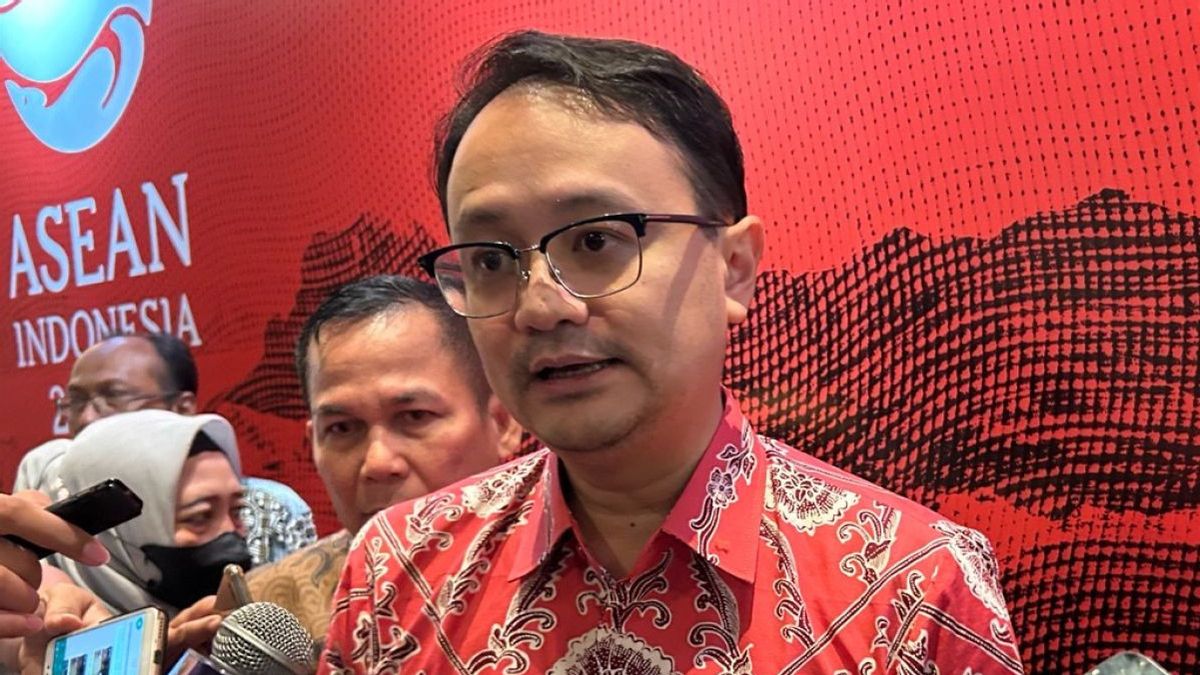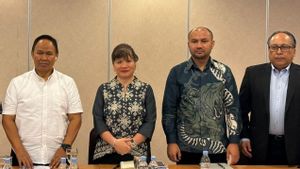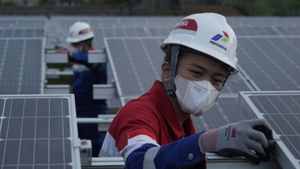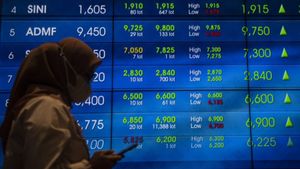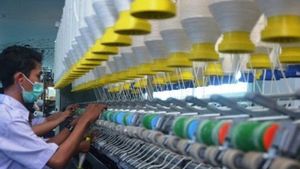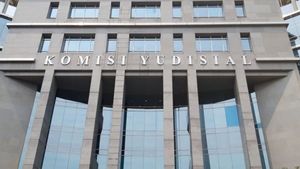Deputy Minister of Trade Jerry Sambuaga said collaboration and innovation are the main keys for micro, small and medium enterprises (MSMEs) to be able to advance to class.
Jerry said that the collaboration between MSMEs and modern retailers and marketplaces is expected to increase marketing access for MSME players in the country.
Meanwhile, product innovation and improving the quality of human resources (HR) are needed so that MSMEs remain competitive in the global market.
"Collaboration and innovation are the main keys for MSMEs to advance to class. The Ministry of Trade is committed to encouraging collaboration through the MSME partnership program with modern retailers and marketplaces. In addition, innovation is needed to keep MSMEs competitive in the global market," said Jerry in Jakarta, Friday, August 23.
The MSME partnership program, continued Jerry, is an effort by the Ministry of Trade to bridge marketing cooperation between MSMEs and modern retailers.
This is done so that MSMEs can supply and market local products through modern retail outlets or networks.
Modern retail already has a very wide sales network with an efficient distribution system. Local products facilitated through the MSME partnership program are expected to increase the marketing coverage of their products," added Jerry.
Currently, continued Jerry, the government has also established trade-related policies through electronic systems. This is stated in the Regulation of the Minister of Trade Number 31 of 2023.
The regulation is enforced to promote healthy trade-el growth (e-commerce) in the era of the digital economy and increase the empowerment of domestic business actors, especially MSMEs. In addition, this regulation is made for consumer protection.
The government regulates that there will be no unhealthy business competition. For example, sales under capital prices or predatory pricing as well as sales of imported products that are not in accordance with the provisions. Not only that, the government also regulates that there is no misuse of data control and inequality in treatment between commercial-el traders or uniqual playing fields, "explained Jerry.
According to Jerry, trading through electronic systems is regulated so as not to turn off MSMEs.
In addition, this regulation is expected to advance MSMEs and increase national economic growth.
Jerry said, MSMEs are the driving force of the Indonesian economy. The contribution of MSMEs to Indonesia's gross domestic product (GDP) reached 60.51 percent.
Not only that, MSMEs also provide workforce absorption of 96.92 percent.
"Currently, the number of MSMEs has reached 64.2 million. With this amount, MSMEs are able to contribute to non-oil and gas export growth by 15.65 percent. Related to this, we invite the Association of State-Owned Banks (Himbara) and private banks to play an active role in the growth of MSMEs," said Jerry.
Furthermore, Jerry believes, the relationship between quality and high competitive local products and MSMEs with consumers at large, both nationally and internationally is another key so that Indonesian products can advance to class. One way is through the Sampoerna Festival of MSMEs 2024.
The Sampoerna Festival 2024 is expected to be able to open wider market access. This is so that MSMEs can market their products in the domestic market and global market," explained Deputy Minister of Trade Jerry.
Deputy Minister of Trade Jerry also appreciated the Sampoerna Festival for the 2024 MSMEs for their innovation, dedication, and contribution to MSME actors.
The success of organizing this festival is expected to make MSME actors continue to be enthusiastic in improving product quality and services.
The increase in product quality and services is expected to make MSMEs compete domestically and penetrate the global market through export trade opportunities. We hope that Indonesian MSMEs can dominate the domestic and foreign markets. For that, let's be proud, buy, and use Indonesian products," said Deputy Minister of Trade Jerry.
Based on data from the Central Statistics Agency (BPS), Indonesia's economic growth grew by 5.11 percent in the first quarter of 2024 year on year (yoy).
Meanwhile, Bank Indonesia (BI) estimates that Indonesia's economic growth will remain strong in the range of 4.7 to 5.5 percent in 2024.
SEE ALSO:
Indonesia's trade balance in July 2024 again recorded a surplus of 0.47 billion US dollars.
This achievement extends the trend of Indonesia's trade balance surplus to 51 consecutive months since May 2020.
Although the surplus value was not as big as the surplus in June 2024 which reached 2.39 billion US dollars, this still shows that the Indonesian economy is still in good and stable condition.
The English, Chinese, Japanese, Arabic, and French versions are automatically generated by the AI. So there may still be inaccuracies in translating, please always see Indonesian as our main language. (system supported by DigitalSiber.id)
